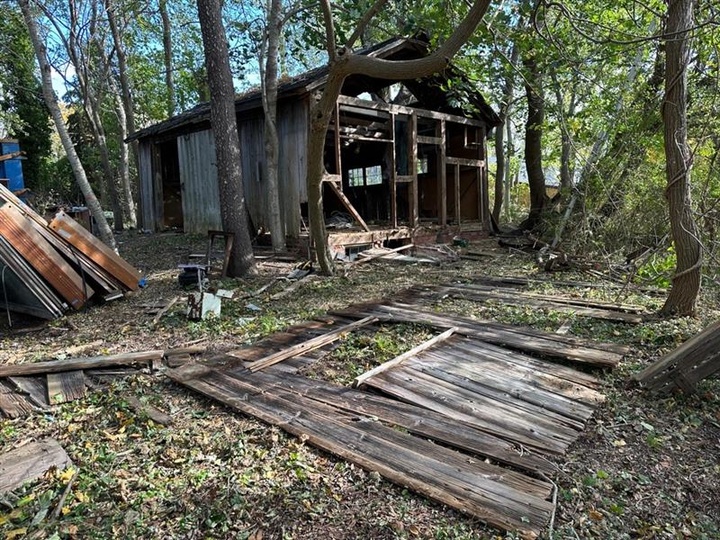
Join Performa's mailing list to stay up to date on the latest news and upcoming events.


Performa Projects are commissions that enable artists to create new work that is generally more eclectic, experimental, and process-centered, sometimes providing more intimate experiences and inviting a closer look at the expanded mechanics of performance.
For her Performa Project I Do Nine-Tailed Fox, Seoul-based artist Sojung Jun draws on the writings of the late eco-feminist poet and archaeologist Heo Su-kyung, alongside the shape-shifting myth of the nine-tailed fox. Jun’s fascination with the debris of Near Eastern civilizations reframes the history of the Koryo-saram—ethnic Koreans forcibly deported by Joseph Stalin from the Soviet Far East to Central Asia in 1937. Despite this act of ethnic cleansing, Koryo-saram cultural life endured, most notably through the Koryo Theater. Founded in 1932 in Vladivostok as the first Korean-language theater in the Soviet Union, the company relocated with the exiled community to Almaty, Kazakhstan, where it remains active today as a living archive of survival and transformation.
Jun parallels this legacy with the East Asian gumiho, or nine-tailed fox. Often cast as a trickster or threat, the figure embodies adaptability and resilience—qualities that echo the histories of the Koryo-saram. Like the community that carried its theater through exile, the nine-tailed fox resists disappearance by shifting form across time, geography, and identity.
I Do Nine-Tailed Fox takes the shape of an opera in nine nonlinear chapters, set in a speculative future of 2075. Guided by a “sound archaeologist” who excavates and reassembles lost voices and times, the work is animated by nine musicians—pansori singer, soprano, saenghwang, North Korean gayageum, theremin, cello, percussion, dombra, and conductor—who together weave an improvised soundscape. While the performance is anchored in the Korean narrative form of pansori, which entwines song, speech, and percussion, Jun extends its sonic texture with instruments that move across and beyond Korean heritage.
This interplay between the ancestral and the experimental continues in a newly commissioned video foregrounding the legacy of women artists at the Koryo Theater, represented through Kim Rimma, Pen Ekaterina, and Yugay Angelina. Their images stand in for the matrilineal traditions of dispersed Koryo-saram communities. In the film, Jun deploys artificial intelligence to intervene in every scenic transition, placing the Koryo Theater’s archive in speculative dialogue with the present. These transitions, like the tricks of the nine-tailed fox, flow across times while drawing on a vast range of cinematic techniques. What emerges from these shifting passages is not simply the reverb of recycled images, but the possibility of untold stories that persist in the gaps of history and migration.
-----
As part of her project I Do Nine-Tailed Fox, Sojung Jun, has an exhibition at The Showroom through January 31, 2026, presenting a newly commissioned film and sculpture-based installation, her first solo exhibition in a UK institution.
Co-produced by Performa and Asia Society in collaboration with Mudam Luxembourg – Musée d’Art Moderne Grand-Duc Jean. Curated by Defne Ayas, Senior Curator-at-Large, Performa, and Director, Van Abbemuseum in Eindhoven, and Josefina Barcia, Hartwig Art Foundation Curatorial Fellow.
Supported by Arts Council Korea and SBS Foundation




